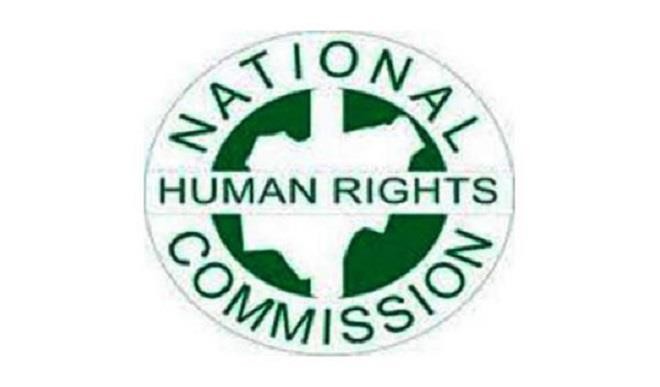NHRC should review controversial NASS bills now
Coming under the mandate of the Commission in Section 5 (k) of the National Human Right Commission Act 2010 (as amended), we request for an urgent review and advisory on the following Bills before the National Assembly: Protection from Internet Falsehood and Manipulation Bill (‘Social Media Bill’), Independent National Commission for the Prohibition of Hate […]

Coming under the mandate of the Commission in Section 5 (k) of the National Human Right Commission Act 2010 (as amended), we request for an urgent review and advisory on the following Bills before the National Assembly: Protection from Internet Falsehood and Manipulation Bill (‘Social Media Bill’), Independent National Commission for the Prohibition of Hate Speeches Bill (‘Hate Speech Bill’), and Civil Society Regulatory Commission Bill (‘NGO Bill’).
As a group, we are concerned with these deliberate attempts by the state to close the democratic space and prevent every person from exercising their constitutionally guaranteed rights.
In addition to these bills, NGOs have come under serious attacks by the government for providing oversight on public governance and defending citizens’ rights.
We are of the firm view that the Protection from Internet Falsehood and Manipulation Bill (‘Social Media Bill’) is not reasonably justifiable in a democratic society.
We strongly believe that the bill contravenes extant constitutional provisions that guarantee right to freedom of expression.
Restrictions that undermine the ability to receive and exchange information undermine the fundamental human rights provided in the Constitution of the Federal Republic of Nigeria, 1999 (as amended) and International treaties that Nigeria has agreed to be bound by.
Similarly, the Civil Society Regulatory Commission Bill (‘NGO Bill’) is inconsistent with the Constitution of the Federal Republic of Nigeria, 1999 (as amended) and other national laws.
The Bill falls significantly short of international human rights norms governing the rights to freedom of association and peaceful assembly, as provided in Section 40 of the Constitution of Nigeria 1999 (as amended), Articles 21 and 22 of the International Covenant on Civil and Political Rights (ICCPR), and Articles 10 and 11 of the African Charter on Human and Peoples’ Rights to which Nigeria is a state party.
Section 4 of the Independent National Commission for the Prohibition of Hate Speeches Bill (‘Hate Speech Bill’) also prohibits abusive, threatening and insulting behavior, which is open to very wide interpretation.
The nebulous and vague nature of its provisions and unfettered discretion afforded government agencies pose significant danger to the constitutionally guaranteed freedom of expression (Section 39 of the Constitution of Nigeria), and the rule of law in general.
These provisions would pose threats to critical opinion, satire, public dialogue, and political commentary.
These attempts by the State to close the democratic space and prevent every person from exercising their constitutionally guaranteed rights call for urgent action from institutions of accountability like the NHRC.
It is against this background that we call on the NHRC to exercise its functions as stated in Section 5 (a) of the National Human Right Commission Act, 2010 (as amended) to “deal with all matters relating to the promotion and protection of human rights guaranteed by the Constitution of the Federal Republic of Nigeria, and other international and regional instruments on human rights to which Nigeria is party.
Therefore, as concerned citizens and groups, we call on the NHRC to: Issue an advisory to the Executive and Legislature (National Assembly) on the inconsistencies of such legislations with constitutionally guaranteed human rights and international human rights norms to which Nigeria is a state party and publish a report on the state of human rights promotion and protection in Nigeria.
The piece was jointly written by Amnesty International, Nigeria; Centre for Information Technology and Development; Girl Child Africa; Enough is Enough; Say No Campaign Nigeria; Spaces for Change and Yiaga Africa.
